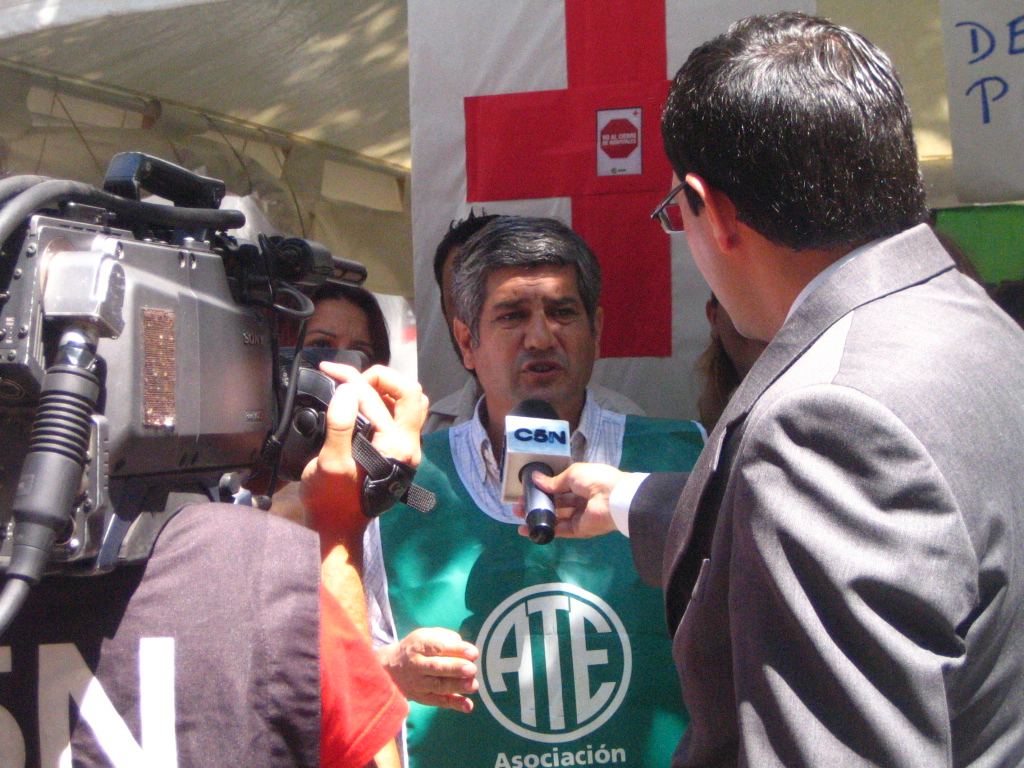A wounded society

During periods of corruption, many turn their backs on education
I read Hellgurd’s entry, and many things sound familiar.
Hellgurd implies in his entry that education in his country hasn’t been developed to its fullest due to a lack of continuity in policy. I believe it could also have something to do with the set of values that is chosen by the ruling party. There is also the fact that a lot of people in positions of power see education as a threat.
There have been many, many coups in Argentina in its 202 years of history. The last dictatorial government was 36 years ago. The military stayed in power for seven full years, and their regime took the lives of 30 thousand people. I have studied this last process on several occasions, and discussed it with different people, and with every exchange I reached the inevitable conclusion: The dictatorial government has signified an immense cultural loss for our country. For one thing, the ruling class that we have today has not managed to build a proper political platform that includes worthwhile ideas and long-term planning. Also there is no opposition party – hence, no argument, no control… no alternative model. Finally, the last military regime has erased a culture of solidarity that used to be characteristic of Argentineans.
Even though we are now getting some of that culture back, other losses are irretrievable.
Furthermore, for all of the 90s, we were ruled by Carlos Menem, who privatized most of the companies and whose terms were marked by very high levels of corruption. This brought about a cultural vacuum, a devaluation of the importance of studying and of having a profession.

Teachers staged protests in Buenos Aires and beyond
Argentina, as a society, is profoundly wounded, especially because the practices and values that have been set in practice are vicious. I see in Hellgurd’s description both of the elements I have described: The limitations that come along with a dictatorship, and the corruption that is brought by sweet oil money. (“Sweet money” is a local expression here; it refers to that which is made by in big quantities and fast.)
Argentina is slowly coming to terms with its past, which took place not without popular support for both dictatorial government and corruption. There have been steps forward. Recently, for instance, secondary school was made mandatory. But there are also steps backwards, as was the case with the huge fall out President Christina Fernández de Kirchner had at the beginning of March with the teachers’ union. That conflict caused a national strike, but this is probably a subject for a different entry.



